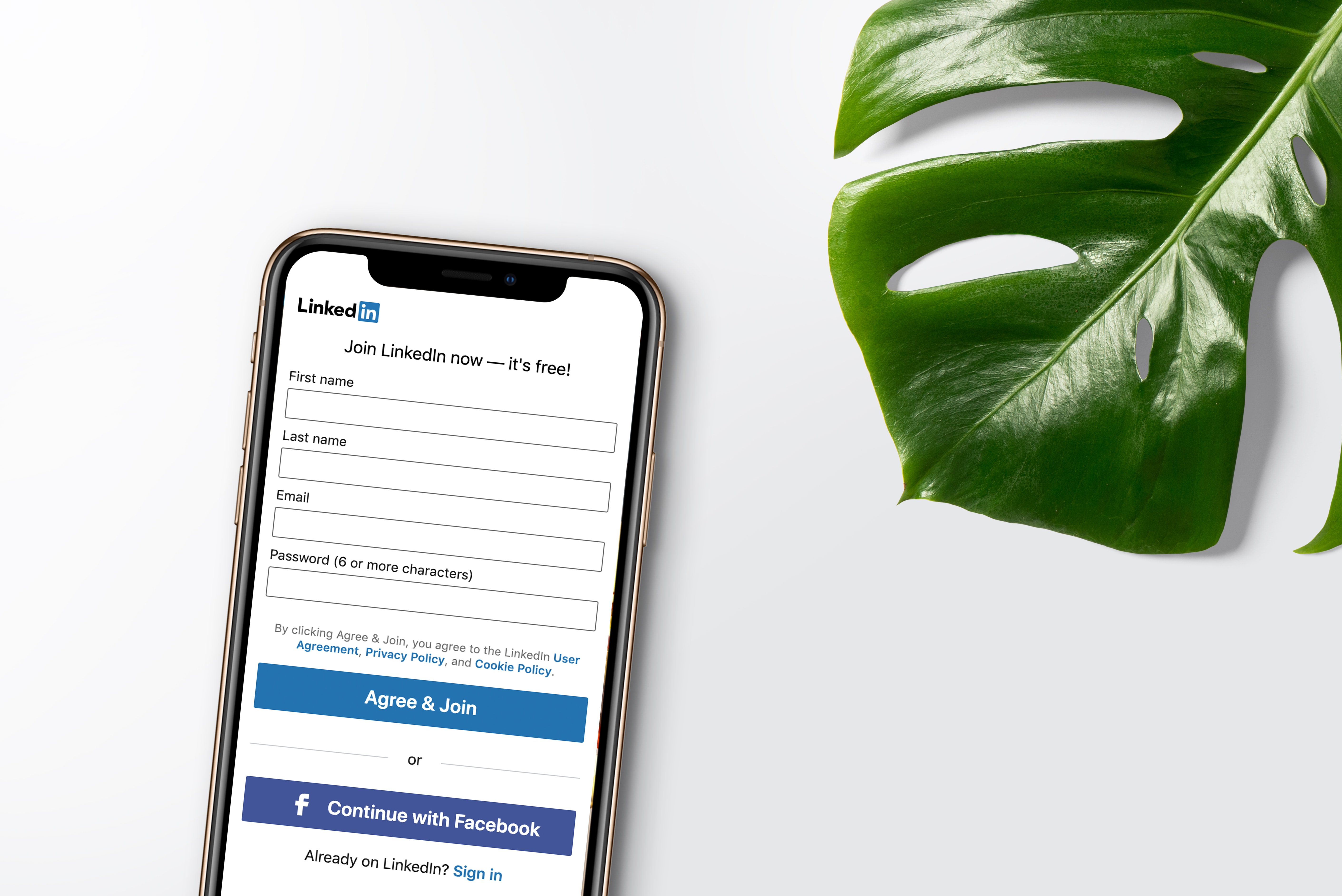ARTICLE
Why Educators Should Use LinkedIn
When it comes to connecting with your peers and making vital connections within education, LinkedIn is the go-to social media networking tool. It is predicted that by 2028, there will be an estimated 942.84 million users across the globe. Within an employment environment that spans over 100,000 organisations, there’s no better place to showcase your expertise, make connections and access industry news. Here’s why we think all Educators should be using LinkedIn:
May 31, 2024

Why Educators Should Use LinkedIn
When it comes to connecting with your peers and making vital connections within education, LinkedIn is the go-to social media networking tool. It is predicted that by 2028, there will be an estimated 942.84 million users across the globe. Within an employment environment that spans over 100,000 organisations, there’s no better place to showcase your expertise, make connections and access industry news. Here’s why we think all Educators should be using LinkedIn:
Gain Exposure
Having a considered and well-thought-out profile on LinkedIn could give you an advantage when it comes to showing yourself off to potential colleges. Recruiters are also very active on LinkedIn and are always searching for quality candidates to refer to college HR teams. Keeping an updated LinkedIn profile with your work experience and strengths could give you an advantage over other candidates.
To make it clear you are ‘open to work’ there is a ‘job-seeking' setting where you can actively show you are looking for a new role, this can help your future employers find you more easily.
Show Credibility
Ask your friends and colleagues to post recommendations and endorse your skills on your profile. This will help build trust with potential employers, showcasing evidence of your skills and what you’re capable of.
They can do this in 4 easy steps:
1. Have your peer or coworker go onto your profile and click the “more” button, then select “Recommend [insert name]”.
2. They must describe the nature of your relationship (Employer, coworker, etc).
3. Followed by listing the title of your position at the time.
4. Finally, but most importantly, they can write up to 3,000 words describing why you excelled in your role. We recommend making it no longer than three paragraphs.
If your peers need help doing this, we recommend the following article.
Research Your Next Role
LinkedIn is the perfect platform to learn about the colleges you want to work with. They will often post job descriptions with in-depth information about roles and insights into the faculty’s activities and culture. The knowledge you build of the college from its LinkedIn page can make you stand out during interviews.
It may be worth asking your Recruitment Consultant about the best departments to connect with, allowing you to develop your relationship with them.
Access to Valuable Resources and Advice from Industry Leaders
There are hundreds of groups available on LinkedIn where educators just like you, along with industry experts, ask and answer all sorts of academic career questions! Here’s just a few good ones!
1. For those who want to keep their finger on the pulse of all things education, the Association of Colleges group offers news and updates, while their free newsletter has useful advice on upskilling as a college educator. With so many like-minded individuals, you can get involved, share notes with others in education, and make connections in the process.
2. No matter which area you specialise in, there will be a group of relatable educators to compare experiences with. For those lecturing or instructing STEM apprenticeships, STEM ER group is a good one.
3. Following the UK Department for Education will bring you the latest news that’s relevant to you. Stories covering demand for certain subjects or budget increases can have an impact on you and are worth following.
Courses & Training
LinkedIn itself offers courses that can help you up-skill; they offer the opportunity to access the platform’s industry training, free for a month. Courses include beginner guides like “Become a Teacher” to developing your teaching style, such as “Teaching with Technology” are worth a look and there are plenty of other great resources in there, too.
To summarise, LinkedIn is a free user-friendly platform specifically for businesses and individuals, to showcase their skills and experience to the world and future employees. Every year, social media has a larger part in job searching, advertising roles, training and accessing a network of educators worldwide, with constant updates on your area of expertise.
Of course we have our own LinkedIn page. It’s designed to provide educators with helpful tips and educational news and resources! Have you signed up and given us a follow yet?

